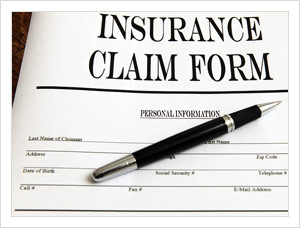
Under Florida law, any person may bring a civil action against an insurer when such person is damaged by the insurer’s failure to attempt “[i]n good faith to settle claims when, under all circumstances, it could and should have done so, had it acted fairly and honestly toward its insured and with due regard for his interest.” See F. S. Sec. 624.155(1)(b)(1); see also Fla. Std. Jury Instr. (Civ) 3.1.
A. Historical Context & Evolution of Bad Faith Claims
Until the 20th Century, actions for breaches of insurance contracts were treated the same as any other breach of contract action, and damages were generally limited to those contemplated by the parties at the time they entered into the contract. With the passage of time, however, insurance contracts began to be viewed as distinguishable from other types of contracts because they came to “occupy a unique institutional role” in modern society and affected a large number of people whose rates were dependent upon the acts of not only themselves but also the acts of other insureds.
Consequently, courts began to recognize that carriers owed a duty to the insured to act in the insured’s best interest rather than their own. In recognition of the fact that courts uniformly have acknowledged that carriers owed their insured a duty of good faith and fair dealing, this duty evolved into the requirement that good faith be exercised or bad faith be avoided.
In Florida, third party bad faith actions were recognized as early as 1938. Florida, however, is in the minority in holding that an action against an insurer for bad faith failure to settle sounds in contract rather than tort. Most states treat such an action as a tort claim or a combination of tort and contract. Third party bad faith claims are recognized under both Florida common law, and Florida statute. First party bad faith claims, however, are entirely a creature of the legislature.
In Florida, there is neither a “set off” defense nor an affirmative defense of comparative bad faith. Similarly, while evidence of negligence may be considered by the jury as it may bear on the question of bad faith, a cause of action based solely on negligence, which does not rise to the level of bad faith, does not lie.
In sum, in determining whether an insurer has “acted fairly and honestly towards its insured and with due regard for his interest,” the Florida Supreme Court applies the “totality of the circumstances” standard, and not “fairly debatable” standard. Each case is determined on its own facts, and the question of the insurer’s failure to act in good faith with due regard for the interests of the insured is for the jury.
B. Claims Delay
A recent report reveals how insurance companies are profiting from delaying claims. Indeed, the National Association of Insurance Commissioners (NAIC) reported that the highest number of complaints coming from policy holders is unnecessary claim delays and claim denials.
Call us today if you think your insurance company is not handling your claim in bad faith.